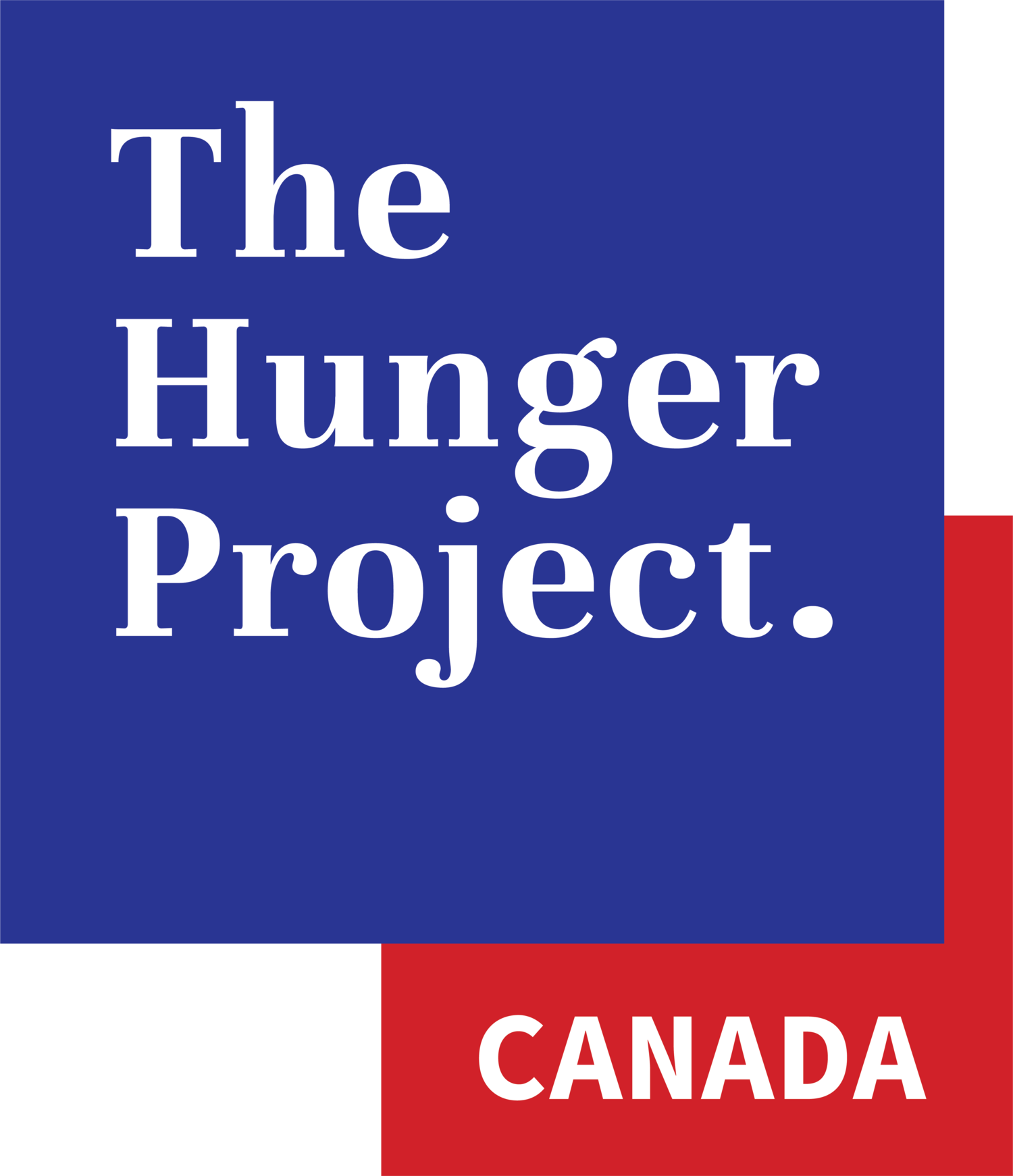5 Reasons the End of Hunger Starts with Women.
Around the world, women are almost always responsible for meeting the basic needs of their families, yet are systematically denied the resources, information, and freedom of action they would need to meet that responsibility.
We KNOW the end of hunger starts with women because…
Women do the most.
Research indicates that when more income is put into the hands of women, child nutrition, health and education improves. Studies show that when women are supported and empowered, all of society benefits. Their families are healthier, more children go to school, agricultural productivity improves and incomes increase. In short, communities become more resilient.
2. Women and girls are chronically hungry.
It is estimated that 60 percent of chronically hungry people are women and girls (Source: WFP Gender Policy and Strategy). Despite the fact that women in developing countries provide the majority of the agricultural labor, they continue to account for most of the world’s hungry.
3. Gender inequality is a major cause, and effect, of hunger and poverty.
Gender inequality and chronic hunger are intersecting issues - that are inseparable. Any individual or organization trying to tackle one, needs to address the other in some capacity.
4. Female leaders support other women.
A proven way to overcome many systematic barriers to a woman’s success has been increased participation by women in local, regional and national legislation as empowered change agents. Right now, gender representation in parliamentary houses is far from equal - but we’re working on it! For example, campaigns such as SWEEP (Strengthening Women’s Leadership in the Electoral Process) identify and empower elected women representatives throughout India. Many participants go on to become elected women representatives. These representatives are now effective change agents for ending hunger in their villages. They form district-and state-wide federations to ensure that their voices are heard at top levels of government.
5. Educated women have more power.
Women become more powerful with more education. Educated women are more likely to have greater decision-making power within their households. Data from 68 countries indicates that a woman's education is a key factor in determining a child's survival.
That’s why we firmly believe that empowering women to be key change agents is an essential element to achieving the end of hunger and poverty. Wherever we work, our programs aim to support women and build their capacity. We start with women.

